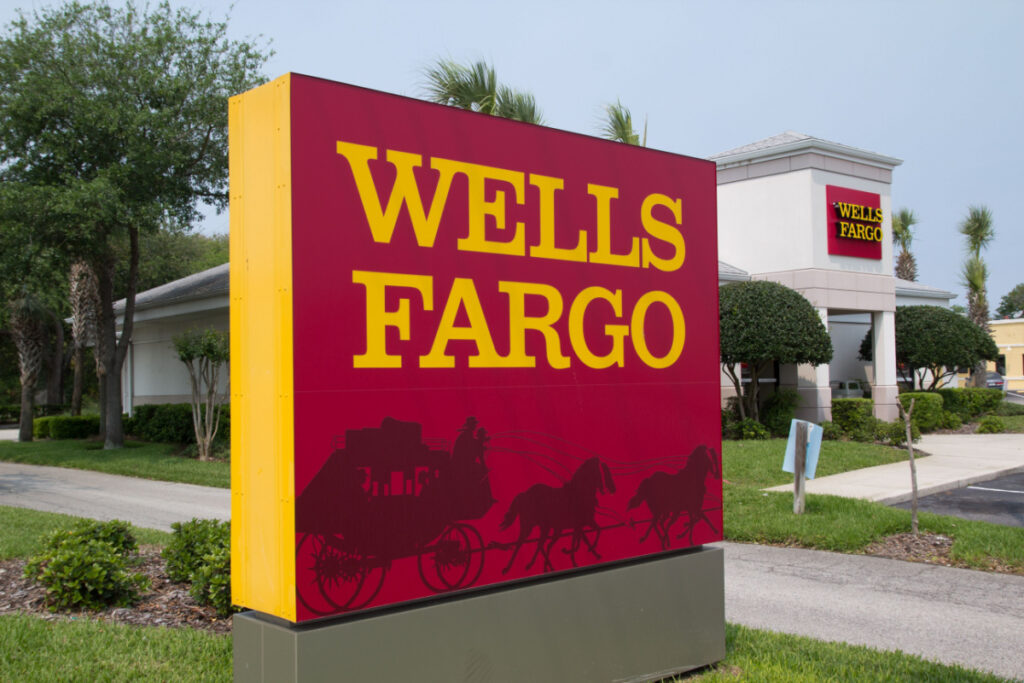Top Class Actions’s website and social media posts use affiliate links. If you make a purchase using such links, we may receive a commission, but it will not result in any additional charges to you. Please review our Affiliate Link Disclosure for more information.

Wells Fargo sanctions overview:
- Who: Wells Fargo has agreed to pay $97.8 million to resolve claims brought against it by the Department of the Treasury’s Office of Foreign Assets and Control (OFAC) and the Federal Reserve.
- Why: The OFAC and Federal Reserve claimed Wells Fargo provided financial software to an unidentified European bank that allegedly used the software to process more than 100 transactions that violated U.S. sanctions with Iran, Syria and Sudan.
- Where: Wells Fargo is used by consumers nationwide.
Wells Fargo has agreed to pay $97.8 million to resolve claims the bank helped facilitate more than 100 financial transactions that were in violation of U.S. sanctions with Syria, Sudan and Iran.
The agreement includes a settlement of $30 million with the Department of the Treasury’s Office of Foreign Assets and Control (OFAC), and $67.8 million settlement with the Federal Reserve.
Wells Fargo, along with its predecessor Wachovia Bank, had been accused by the OFAC and Federal Reserve of committing “unsafe or unsound practices” in regard to sanctions compliance and oversight.
The OFAC and Federal Reserve argued Wells Fargo and Wachovia provided financial software to an unidentified bank in Europe that allegedly used the software to process 124 transactions with blacklisted entities that totaled more than $532 million.
“Wachovia, at the direction of a mid-level manager, customized a trade insourcing software platform for general use by the European bank that Wachovia knew or should have known would involve engaging in trade-finance transactions with sanctioned jurisdictions and persons,” the OFAC said, in a statement.
Wells Fargo accused of continuing to provide financial software to European bank after acquiring Wachovia in 2008
Wells Fargo, meanwhile, was accused of continuing to provide the unidentified European bank with the financial software — called the Eximbills platform — between December 2010 and December 2015 after acquiring Wachovia for $15.1 billion in stock in 2008.
The OFAC said while none of the transactions were processed by Wells Fargo or any other U.S. bank, it determined Wells Fargo “voluntarily self-disclosed the apparent violations and that the apparent violations constitute an egregious case.”
Wachovia, according to the settlement agreement, made an effort to create space between itself and the allegations, saying the European bank had agreed in 2006 to vet all of its transactions for compliance issues.
In a separate case, Wells Fargo agreed to pay $3.7 billion in compensation and penalties with the Consumer Financial Protection Bureau to resolve claims the bank charged illegal fees and interest on consumer accounts and auto mortgage loans.
What are your thoughts on the Wells Fargo settlement? Let us know in the comments!
Don’t Miss Out!
Check out our list of Class Action Lawsuits and Class Action Settlements you may qualify to join!
Read About More Class Action Lawsuits & Class Action Settlements:















134 thoughts onWells Fargo to pay $97.8M for allegedly violating sanctions
Add me please
Here is a Wells Fargo fraud many consumers havent realized yet. Wells Fargo will add an “authorized user” to your credit card account. Although there are no fraudulent charges, other than phony attempted charges to create an illusion of an actual fraud charge. Then, a new credit card is issued, but old account number is never closed. Both, new and old account number have the fake authorized user added to the account. This is done to hijack the good credit history of the consumer to create “synthetic” identities for creating fake accounts everywhere using the consumers good credit history that was attached to the synthetic identity. Another element for fraud scheme is briefly changing the account holders mailing address under the guise of some concocted confusion in issued the new card.. This element of fraud is needed in order to establish residency for the synthetic identity created using your good credit history. After a couple of months things appear to fix themselves and address for the account is back to normal while the consumer never has a clue what happened. Pay attention to the actual wording for Wells Fargo cardholder agreements state in its authorized user provision. When removing an authorized user whether legit or not, but designed for fraud scheme’s effectiveness. The authorized user provision states to cancel the “credit card” NOT “close” the old account. AND, “open” a new ‘credit card’. The old account number remains open and the fake authorized user hijacks the credit history and everything else without making a charge. This was designed to go undetected, but it didnt quite go according to plan.
please add me
Auto loan interest rates and fees are ridiculously high with no valid reason.
What about when wellsfargo stole my identity & used it? What happened to that lawsuit???
Add me to this claim with Wells Fargo
Please add me